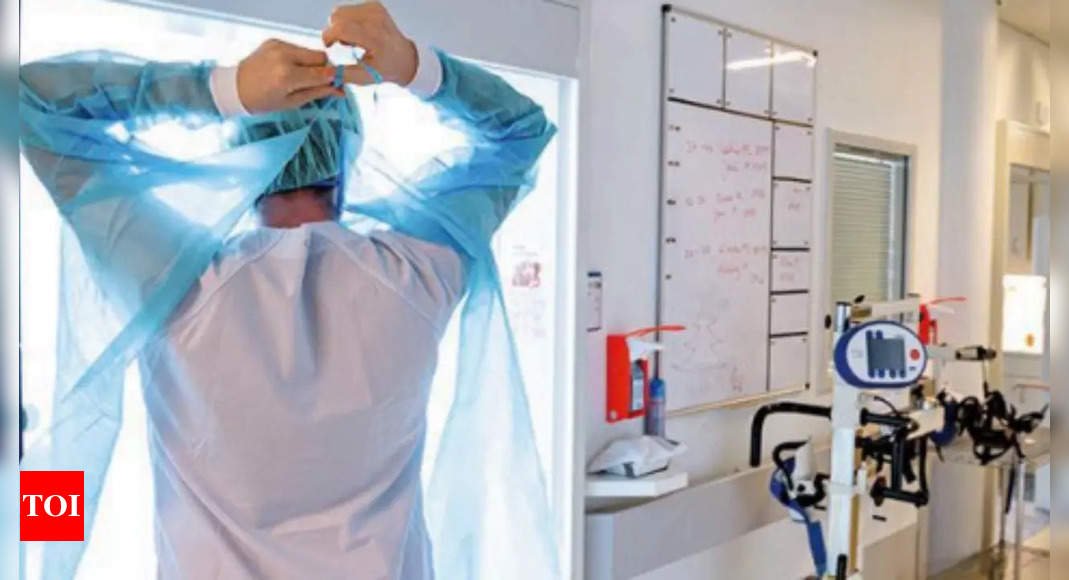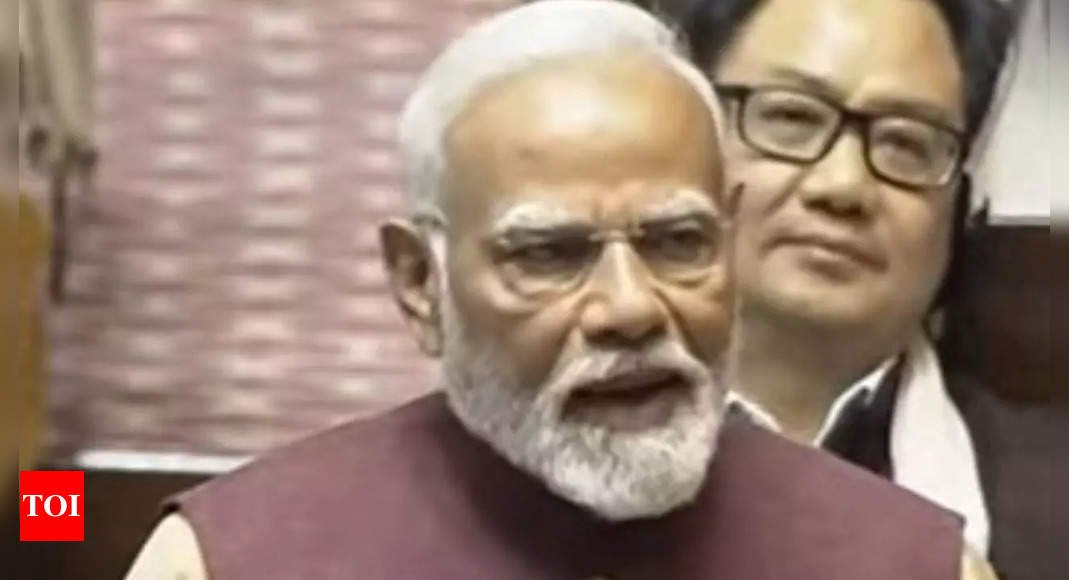BENGALURU: In a historic decision, Karnataka government, in compliance with a Jan 2023 Supreme Court ruling on withholding or withdrawal of life-sustaining treatment, has permitted the ‘right to die with dignity’ for terminally ill patients with no hope of recovery or those in a persistent vegetative state and no longer benefitting from life-sustaining treatment.
In a formal order issued Thursday, state govt said any neurologist, neurosurgeon, surgeon, anaesthetist or intensivist, who has been approved by the appropriate authority under the Transplantation of Human Organs and Tissues Act, 1994, would be deemed to have been nominated by the district health officer (DHO) as a member of secondary boards of medical experts to certify such deaths.
The SC guidelines had stipulated that two boards will oversee such cases: a primary board at the hospital level and a secondary board at the district level, with DHO or his/her nominee being part of the district-level board.
The order is applicable to all medical establishments, including private and govt-run facilities across the state where such patients are admitted.
Dr Roop Gursahani, a neurologist at Mumbai’s PD Hinduja National Hospital and Medical Research Centre, who has been associated with the movement for dignified death, told TOI that Karnataka has become the first state to allow dignified death for the terminally ill. “While Goa, Maharashtra and Kerala have passed some rules and directives, the efforts have been patchy,” he added.
Karnataka’s health and family welfare minister Dinesh Gundu Rao told TOI that the decision “will be beneficial to both doctors as well as family of the patients” who have no chances of recovery.
The minister clarified that the decision is not to be confused with euthanasia, and “is applicable only to those who are on life support system and non-responsive to life-sustaining treatment”.
Rao pointed out that Karnataka has also come out with an advance medical directive (AMD) which is like a living will whereby patients can even record their wishes about their medical treatment in future. “As part of AMD, the patient must also nominate two people to take healthcare decisions on his or her behalf in case they lose their decision-making capacity. This document will come in handy for medical professionals to decide on the kind of medical treatment that the patient may or may not need,” he explained.




